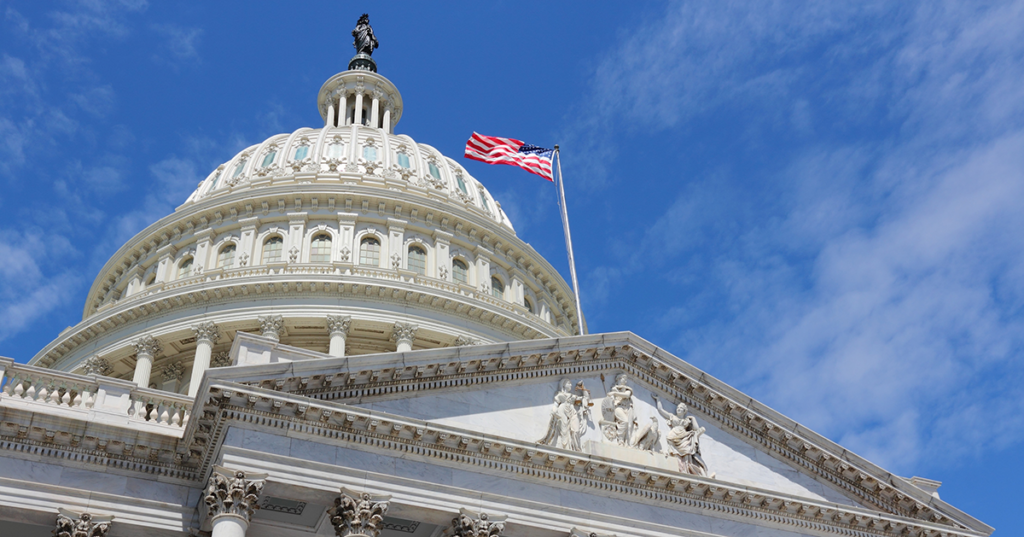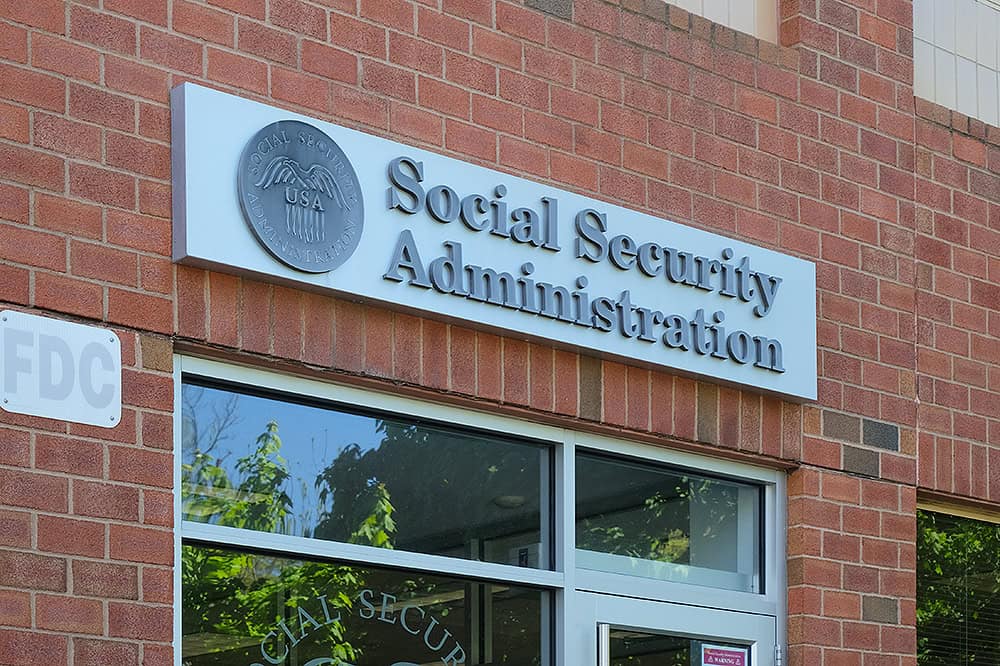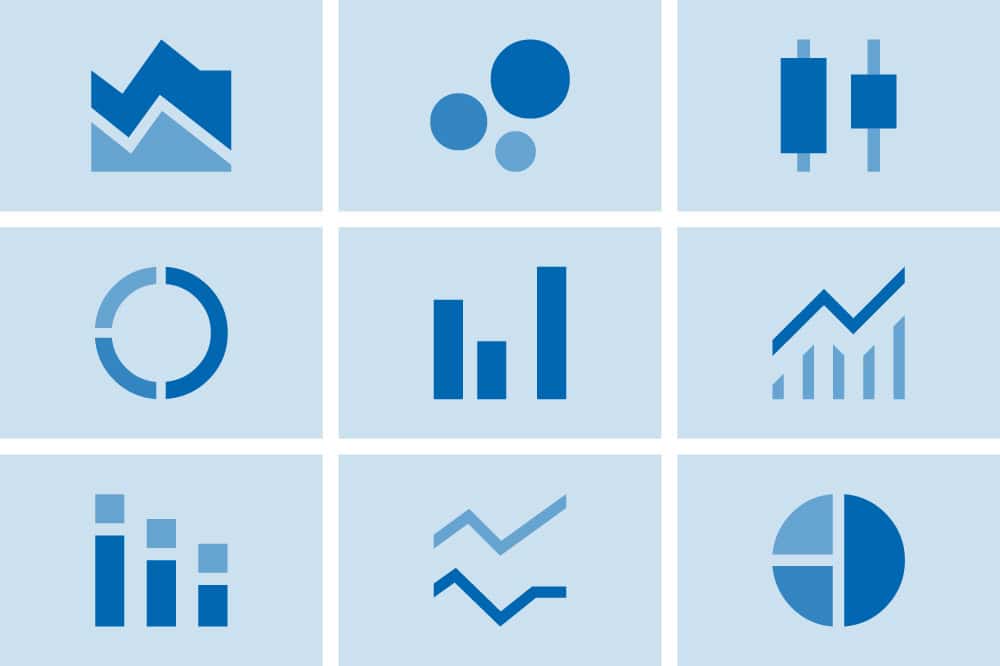Understanding the Federal Budget
The federal budget is more than just a set of numbers. Learn about revenues, spending, and the budget process.
Read MoreLawmakers are Running Out of Time to Fix Social Security
Without reform, Social Security could be depleted as early as 2032, with automatic cuts for beneficiaries.
Read MoreChart Pack: The U.S. Budget
A selection of key charts that give an overview of the major components in the U.S. federal budget.
Read MoreChart Pack: Social Programs
A selection of charts about crucial social programs (Social Security, Medicare, Medicaid, and SNAP), their financial outlook, and place within the federal budget.
Read MoreChart Pack: Individual Taxes
A selection of key charts on individual income taxes in the United States and how they fit within the federal budget.
Read MoreChart Pack: Corporate Taxes
A selection of key charts on corporate income taxes in the United States and how they fit within the federal budget.
Read MoreChart Pack: Economic Outlook
A selection of charts providing an overview of the U.S. economic outlook.
Read MoreChart Pack: Healthcare
These charts illustrate the growth in U.S. healthcare spending and how it affects the federal budget.
Read MoreChart Pack: Defense Spending
A selection of key charts on defense spending in the United States.
Read MoreWhat Are Refundable Tax Credits?
The cost of refundable tax credits has grown over the past several years, with the number and budgetary impact of the credits increasing.
Read More


